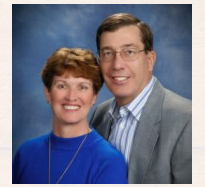In more recent years, as a result of seeking a deeper understanding of our souls, I studied at National University in Redding, became a licensed therapist, and love to contemplate the soul of man. The spiritual journey is a fascinating one, and required if we desire health physically, mentally, emotionally, and spiritually. Our counselors are trained to evaluate the whole person, and lead people to health and meaning for their lives.
Director, Clinical Supervisor - Higher Ground Counseling
MA, LMFT – 42120, LPCC – LPC193, AACC Life Coach
Visit my BLOG
GuyAschermanHG@gmail.com (530) 941-9003

